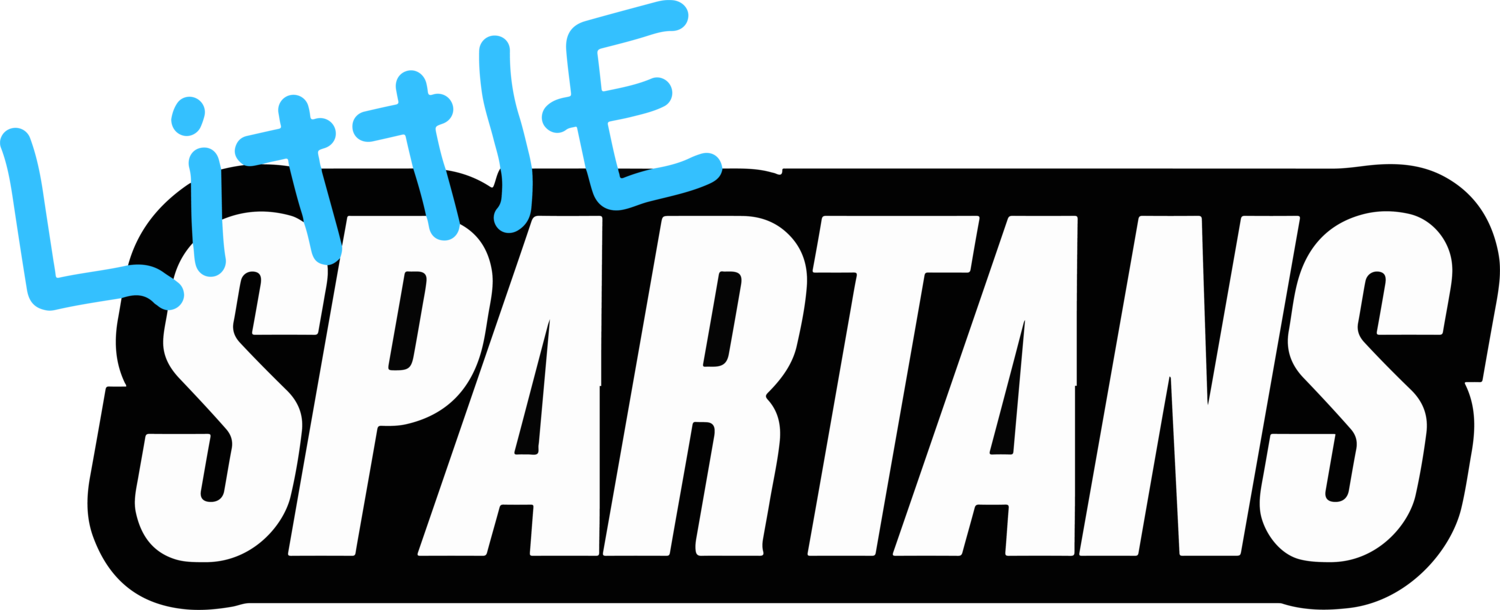Exercise Physiology at Little Spartans
What is an Exercise Physiologist?
Accredited Exercise Physiologists (AEPs) are experts on the human body and wield vast knowledge on exercise prescription, and exercise as medicine, for complex health conditions. AEPs develop Exercise Physiology programs for individuals with a wide variety of disabilities to help them manage their condition, build their independence and functional capacity, and reduce their risk of developing chronic conditions related to their disability.
Accredited Exercise Physiologists (AEPs) can help people living with a disability to improve health and well-being, gain independence and participate at work and in the community.
Why Exercise Physiology?
Research indicates that people living with a disability are less likely to take part in regular physical activity than people without disability, yet they have similar needs when it comes to improving their health and preventing unnecessary chronic conditions.
For people living with a disability, exercise or physical activity provides a wide range of benefits:
It improves stamina and muscle strength – this may really help with some forms of disability.
Keeping active will reduce the risk of chronic conditions (e.g., arthritis, osteoporosis, diabetes).
During exercise, the brain releases endorphins that delivers a feel-good high. This can help ease anxiety and depression, and additionally, lift your mood.
Exercising in a group is a great way to try something different, meet new people and become part of the community. This may help reduce the negative stereotypes around people with disabilities.
You’ll gain the ability to maintain a higher level of independence, sense of freedom and quality of life.
Exercise Physiology for Children
Physical activity guidelines recommend that children and adolescents achieve 60 minutes or more of moderate to vigorous physical activity per day. However, it is often difficult for children with disabilities to engage in the the necessary volume of physical activity to meet these guidelines. This may result in children with disabilities falling behind their peers in many aspects of health, including their social and physical development.
Little Spartans can create a properly structed Exercise Physiology program to assist your child in meeting their physical activity guidelines, while developing their gross motor skills, building strength, coordination and balance, and improving their independence.
Exercise Physiology for Teens & Adults
Exercise is for everyone, however, for some people with a disability, physical activity can be a challenge. This can be due to mobility issues or a lack of accessible and inclusive gyms and other exercise spaces. Others simply don’t know where to start.
An Accredited Exercise Physiologist can prescribe individualised exercises to carefully build up an individual’s functional capacity, improve independence and reduce the risks associated with sedentary behaviours.
Little Spartans offers gym-based and functional exercise programs for teens and adults with disabilities to develop endurance, strength, balance and overall, a positive relationship with physical activity.
Exercise Physiology and the NDIS
Accredited Exercise Physiologists (AEPs) can help people living with a disability to improve health and well-being, gain independence and participate at work and in the community.
Funding for exercise physiology can come from one of two budget areas in an NDIS plan:
Capacity building – Improved Daily Living
Capacity building – Improved Health and Wellbeing
Book an appointment.
Your first appointment at Little Spartans is an opportunity to meet the team and discuss whether an Exercise Physiology program is the right fit for you!






